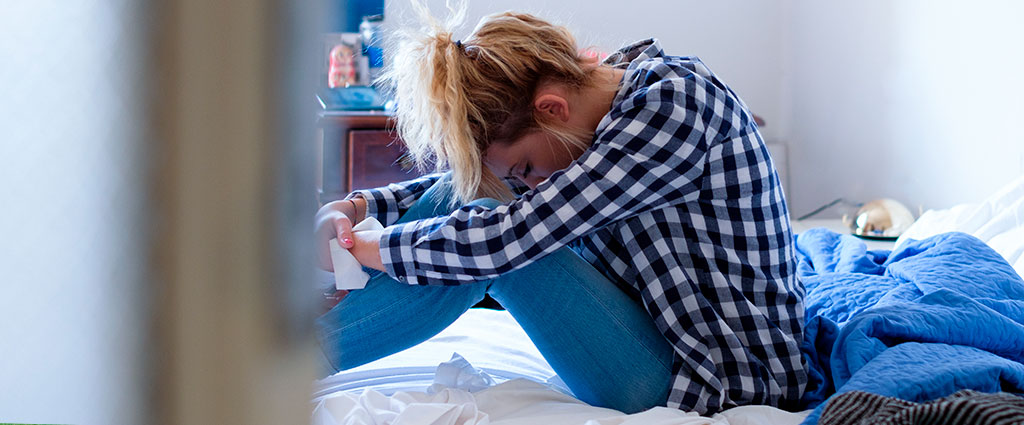
Mayo Clinic Depression Coach
Welcome to Mayo Clinic Depression Coach. This program is designed for kids, teens and families who have children who are having difficulty lifting their mood. When you have depression, even the smallest task, such as making your bed, can feel impossible. Without any energy nor joy, it is very difficult to know if you will feel better.
The answer is yes, you can recover from depression. One small step at a time, you can move towards recovery. By partnering with your health care providers and your support system, you can get better. In this program, children and families will learn, plan and execute a personalized plan to combat depression.
Self-management approach
You CAN live healthier with depression. The key is to become your own best support and self-manager! After all, you are the one who knows your challenges and motivations the best. You are the one who can monitor changes in your mood and address those changes in a way that makes sense for you. If you need support, your caregivers can also provide the support needed.
The benefits of self-management
When you manage yourself, you make a conscious decision to play an active role in getting better. You discover better lifestyle choices, learn new treatment options, and find better ways to receive support from family, friends, and your providers. Being your own self-manager helps you move closer to the life you want to live despite your depression -- one day at a time!
You may not presently feel as though you are able to get much done or that you are always tired and lack motivation. You also may be waiting to feel better or think more positively before you become more active and start participating in activities that once brought you pleasure. As you know, however, getting yourself to feel better is not an easy thing to do.
Is self-management right for me? Do I have depression?
Children experiencing depression feel sad and down, and are a change from their usual feelings and behavior. and are serious enough to be upsetting and/or make it hard for youths to do the things they need and want to do. While depression can be triggered by an event, it can be gradual too.
Examples include:
- Persistent sad mood or loss of interest in pleasurable activities
- Sleep difficulties, appetite, concentration, and energy levels feeling "off"
- Avoiding responsibilities or getting irritated when asked about them
- Relying on others to get daily responsibilities completed because of low energy levels
What should I expect?
Treatment for depressed mood involves helping kids learn that their feelings and level of motivation tend to be inaccurate through engaging in valued activities over time. Through experience, children begin to feel better when they learn:
- That their feelings do a bad job at telling them what to do, resulting in avoidance.
- That their beliefs and automatic thoughts results in further avoidance, making them feel even worse.
- That engaging consistently in meaningful activities is the way to gain experience to learn otherwise.
My symptoms don't quite fit this description.
If this description of depression does not fit your experience very well, you may be experiencing situational stress, or a different mental health issue. Situational stress occurs when kids and teenagers feel sad and down because something stressful is happening in their lives. For instance, experiencing bullying, obtaining a poor grade, having a family member or loved one who is very ill, or family-related stress. It is perfectly understandable and natural to feel down in these situations. If this sounds like you, please use our Family Stress Resource Center. For other information on other mental health treatments, return to the home page.
Collaborate with your care team
No family or child should try to manage depression on their own. You can benefit from working with healthcare providers with expertise in depression. Your primary care provider may provide your initial treatment and refer you to other providers for additional care. Please contact the Mayo Clinic Department of Psychiatry and Psychology to schedule an appointment.
Let's get started.